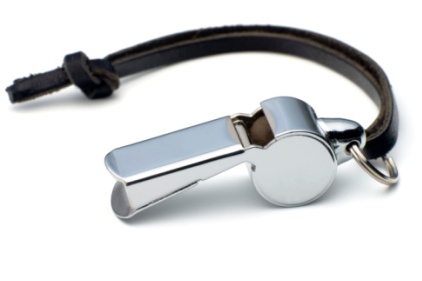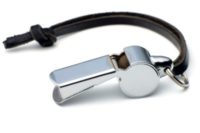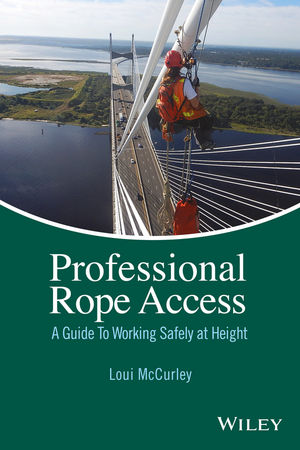 The U.S. Department of Labor's Mine Safety and Health Administration (MSHA) has filed a complaint with the Federal Mine Safety and Health Review Commission against Ferraiolo Construction Inc. to reinstate a worker to his former position and provide compensation for wages lost as a result of his being unlawfully fired.
The U.S. Department of Labor's Mine Safety and Health Administration (MSHA) has filed a complaint with the Federal Mine Safety and Health Review Commission against Ferraiolo Construction Inc. to reinstate a worker to his former position and provide compensation for wages lost as a result of his being unlawfully fired.
On Nov. 29, 2011, a complaint was filed with MSHA against Ferraiolo, alleging that the company had terminated the miner's employment on Sept. 30, 2011, at Thomaston, Maine-based Portable Pioneer Plant, in retaliation for his having made recurring safety complaints. MSHA investigated the complaint and found that the miner had engaged in protected activity when he alerted the company about unresolved safety problems, refused to turn on the plant's generator until required safety guards had been installed, and called MSHA to report the company's failure to install those safety guards. Portable Pioneer Plant is a stone crushing operation that produces gravel for use by public and cement mills.
MSHA seeks a finding from the Commission that Ferraiolo unlawfully discriminated against the worker in violation of Section 105(c) of the Federal Mine Safety and Health Act of 1977, which states that miners, their representatives, and applicants for employment are protected from retaliation for engaging in safety and/or health-related activities, such as identifying hazards, asking for MSHA inspections, or refusing to engage in unsafe acts.
More specifically, an administrative law judge from the Commission will determine whether the miner, a general laborer since 2007, had engaged in activities protected under the Mine Act, and whether Portable Pioneer Plant officials took adverse action against him in retaliation for those activities.
In this case, MSHA is seeking an order requiring Ferraiolo to cease and desist from discharging or otherwise discriminating against the miner or any other miner because she or he engages in protected activity; remove from the miner's personnel file and other company records any adverse references to him arising from the events leading to the unlawful discharge; and extend an offer of reinstating the miner to his former position, along with the same rate of pay and benefits prior to his unlawful discharge. Additionally, MSHA seeks imposition of a $20,000 civil penalty.
"Every miner has the right to identify hazardous conditions and refuse unsafe work without fear of discrimination or retaliation," said Joseph A. Main, assistant secretary of labor for mine safety and health. "The Mine Act allows workers to exercise this right without fear of being fired, demoted, harassed, transferred, refused employment or suffering any loss of wages."
"A Guide to Miners' Rights and Responsibilities Under the Federal Mine Safety and Health Act of 1977" is available on MSHA's website at www.msha.gov/S&HINFO/minersrights/minersrights.asp.




